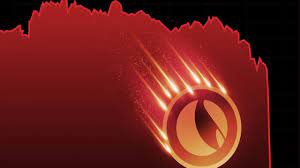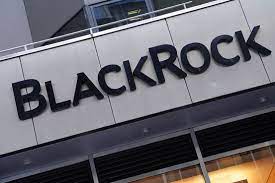Analysis: After Istanbul upgrade, the maximum TPS of Ethereum theory is 2048, but a new bottleneck has appeared
According to foreign media news today, the blockchain-based identity management solution company iden3 recently released the analysis results of testing Ethereum blockchain transaction throughput before and after the Istanbul upgrade and ZKRollup.

Source: Pixabay
The analysis concluded that after the Istanbul upgrade, using ZKRollup, the maximum theoretical limit that Ethereum can handle is 2048 tps. This number is lower than the 3000 tps requirement of Ethereum developer Eric Conner, but it is still higher than VISA. 2000 tps. Prior to the upgrade, Ethereum could only process 30 transactions per second.
- CeFi and DeFi will inevitably be in a war, and the crypto economy and the traditional economy will eventually compete
- Opinion: How much are you willing to pay for a better social network?
- What can the blockchain do? 532 patents, 506 filings, 414 companies point out directions
Two of the Ethereum Improvement Proposals (EIPs) brought by the Istanbul upgrade are EIP-1108 (reducing the price of zk-SNARK by repricing gas) and EIP-2028 (the cost of calling data from 68 per byte The gas is reduced to 16 gas per byte. In the past, sending transactions on the Ethereum blockchain required 21,000 gas costs. ZKRollup reduced the cost to only 945 gas, while Istanbul further reduced it to only 300 gas.
The analysis also warns that the mentioned 2048 tps is only the theoretical maximum, and adds that, in fact, things are not that simple. A throughput of 2048 tps will require 15 batch transactions to be placed in a block, and the batch creation time is only one second (assuming a block time of 15 seconds). The iden3 team also talked about how each zkRollup batch requires a short password proof (zk-SNARK) to prove the integrity of the transactions in that batch. The company also explained how to generate this proof is computationally very expensive, adding that this is the main bottleneck in reaching the theoretical throughput limit.
"Currently, you can imagine this. With one CPU and three GPUs, we need a few minutes to generate such a proof."
Even setting aside the bottleneck of proof generation, setting up a server capable of processing 2,000 transactions per second is not an easy task. According to the analysis, only all the information needs to be processed, and an advanced block browser is required. As Ethereum developers continue to build the network, parallelization may be achieved in the future, reducing proof generation time and maintaining reasonable costs.
We will continue to update Blocking; if you have any questions or suggestions, please contact us!
Was this article helpful?
93 out of 132 found this helpful
Related articles
- Weekly Observation | Big Powers Fight for Blockchain Technology Heights, New York State Updates Cryptocurrency Listing Guide
- Li Qiang, Secretary of the Shanghai Municipal Committee, investigates Wanxiang Blockchain Company
- Blockchain economic panorama and future: Fintech evolution engine (on)
- Introduction to Technology | Understanding Bulletproofs of Zero Knowledge Proof Algorithms –Range Proof III
- Babbitt Column | Digital Economy and Digital Rule of Law
- Research report | Observation of the exploration of decentralized community governance from DAO, DCR to Polkadot
- About Token Classification Act, Libra, and SEC: Interview with Kristin Smith, Director of External Affairs, Blockchain Association






